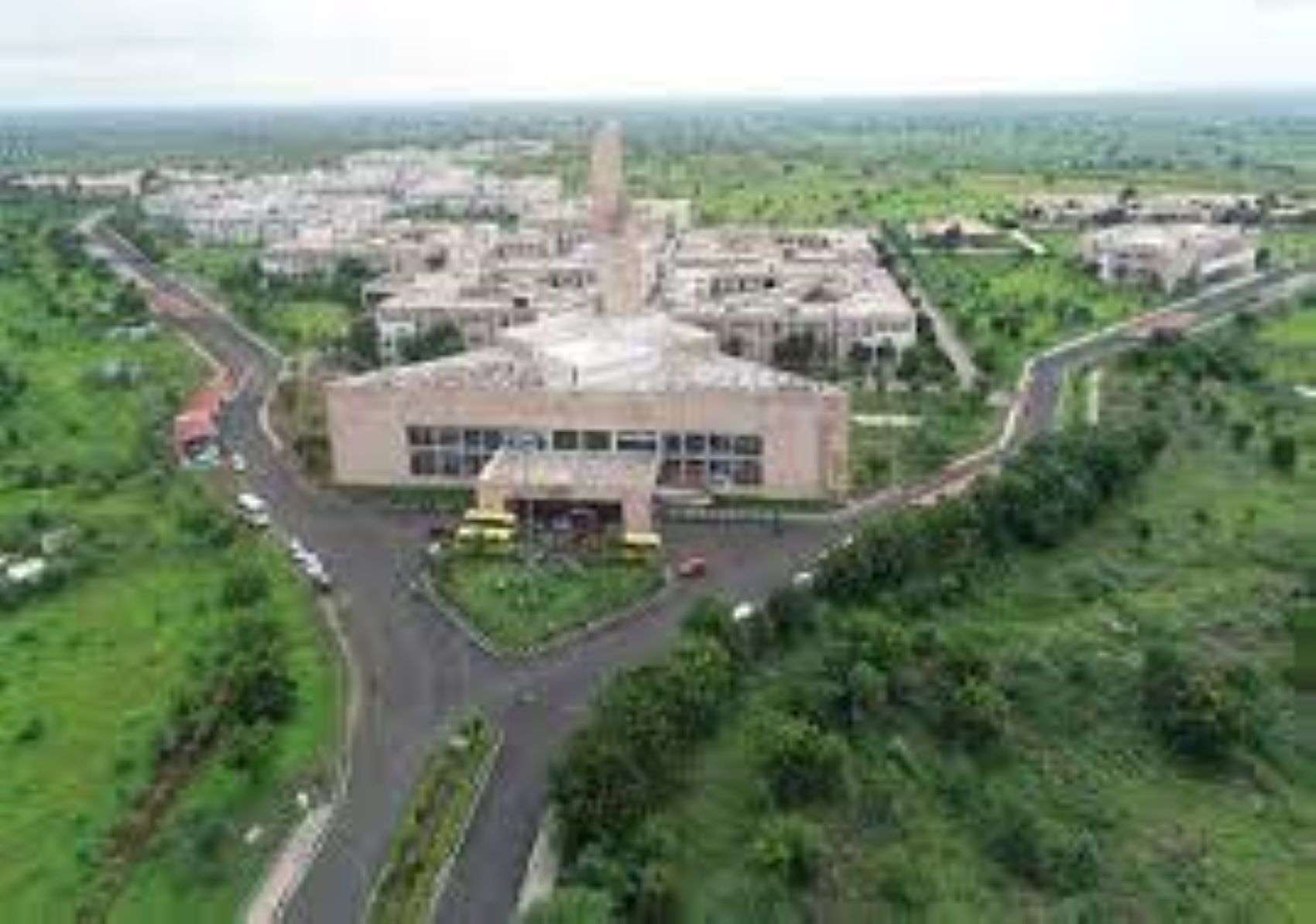Apple has started manufacturing its latest phone, the most affordable iPhone SE, in India. With this, the company now produces four iPhone models in India through its manufacturing partners Foxconn and Wistron.
When did Apple start making phones in India?
- Apple began assembling phones in India with the original iPhone SE in 2017. The phone was already a few years old, but it was still popular in India due to its lower prices.
- In 2018, it also moved the iPhone 6 assembly to India. This was followed by the iPhone 7 in 2019. All of these units were manufactured by Wistron in its Bangalore factory.
- Interestingly, like the SE, iPhone 6s, and iPhone 7, they were a few years old when their production moved to India. For Indian customers, older iPhones have traditionally offered a more affordable entry point to the Apple ecosystem.
- In 2019, Apple partner Foxconn began assembling the iPhone XR at its Chennai factory. This phone was newer and showed how Cupertino had started to take the Indian market more seriously.
- In 2020, the latest iPhone 11 was assembled at the Foxconn factory in Chennai, followed by the now iPhone SE at the Wistron factory in Karnataka. Both are the latest offerings from the company.
- Meanwhile, in 2019, Apple halted production of the original iPhone SE and iPhone 6 in India, with the models running out of sales.
Will production in India reduce prices locally?
- Apple generally has a global pricing strategy and rarely adapts to a local market, even where it produces hardware. There are also other reasons why prices will not be affected by local production.
- For one thing, the phones are only assembled in India and there are almost no local sources for the components. Therefore, the cost of production does not exactly decrease.
- Second, Apple cannot yet meet all the demand for a given model with locally produced units. This means that there will still be imported units in the markets and therefore it would not be possible to sell Made in India units at a lower cost.
- However, for locally assembled models, Apple will likely be able to maintain prices if tariffs like the one affected earlier this year increase.
Is Apple likely to move the mode of production out of China?
- Apple is reportedly looking to get more manufactured goods out of China due to pressure from the Donald Trump administration and the impact of the pandemic.
- But Apple is unlikely to pull out of China entirely given the investment that has gone into establishing its production facilities there. But since units assembled in India are also exported to certain markets, Apple may begin to move some of the production out of China to protect itself from a situation where all of its production is affected.
- In 2019, Apple moved production of its Mac Pro computers to the United States with a $ 1 billion, 3 million square foot campus in Austin, Texas.
- Apple and its manufacturing partners have invested more than $ 200 million to install Mac Pro, according to a statement at the time.
- Interestingly, this week alone, reports have revealed that Taiwan-based Foxconn is among the companies looking to establish their production base in Mexico, primarily for the US market.
- However, it should be noted that Foxconn production is not reserved exclusively for Apple and that the installation could well be for other brands.
- Earlier this month, Young Liu, president of Hon Hai Precision Industry Company, also known as Foxconn, said it is “gradually adding more capacity outside of China”; the proportion is already 30% of its total manufacture.
- “It doesn’t matter if it’s India, Southeast Asia or the Americas, there will be a manufacturing ecosystem in all of them,” Liu said on the conference call, reported by Bloomberg, adding that whether China will continue to play a key role in the empire. manufacturer of Foxconn, the country “the days when the world’s factory is over.”











More Stories
Registration for CLAT 2025 begins today; last date October 15
CLAT 2025 registration will begin on July 15
Delhi University 5 Year Law Programs Registration Begins